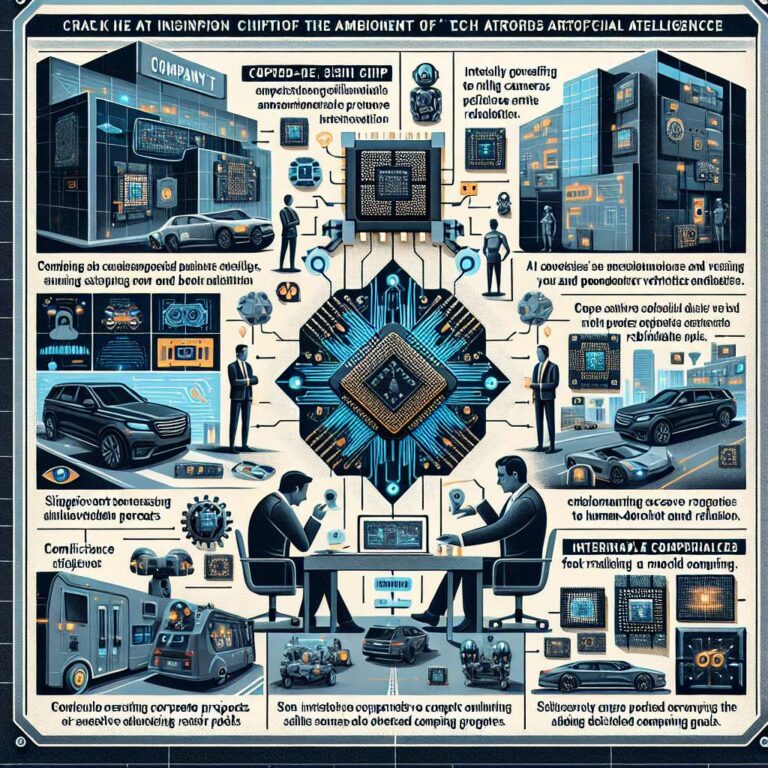Tesla is advancing a broad artificial intelligence agenda spanning custom silicon, robotics, and in-vehicle software, with Elon Musk signaling both optimism and caution, according to recent reports cited in the article. Central to the roadmap are next-generation chips labeled AI5 and AI6, which Musk has described as transformative. The company believes these designs will deliver large processing gains that can support unsupervised full self-driving based solely on cameras and Tesla’s proprietary software stack. While such a camera-only approach could upend conventional automotive assumptions, the article notes it also invites questions about reliability and regulatory acceptance.
Musk’s public posts add a governance dimension to the technology push. He has emphasized the need to preserve sufficient influence over Tesla’s artificial intelligence direction, particularly as the Optimus humanoid robot scales. The article references a proposed compensation package reported by Reuters and additional equity grants detailed by Tesla Oracle that are intended to align incentives with Tesla’s artificial intelligence, robotics, and energy ambitions. At the same time, Musk has voiced concern about potential interference from activist shareholders, highlighting tension between long-term vision and corporate oversight.
The integration of xAI’s Grok into new Tesla vehicles is presented as a landmark move that could accelerate software capabilities while igniting privacy scrutiny. Fortune is cited describing how access to vehicle data might be used to train large language models, raising questions about user data protections. Musk has said no licensing from xAI is required because Tesla maintains an independent artificial intelligence stack, yet the opacity of the relationship has fueled debate about ethical development, competitive advantage, and data governance.
On the infrastructure front, the article reports that the Dojo supercomputer project has been shut down, per TechCrunch, reflecting a pivot toward more efficient custom chip designs such as AI5. Musk has touted milestones like bringing a gigawatt of coherent training compute online, with a target to scale toward 10 gigawatts and beyond. Meanwhile, master plan 4, covered by Electrek, promises robotaxi deployments and Optimus shipments as part of a wider artificial intelligence-driven vision across manufacturing and transportation. The article notes that timelines remain vague and past delays temper expectations, even as Musk’s personal stock purchases, reported by AI News, signal confidence. Musk has also reiterated broader artificial intelligence safety concerns and argues that today’s large language models lack optimal intelligence density. Against this backdrop, investors and rivals are watching for concrete deliverables as Tesla tries to balance breakthrough innovation with regulatory, privacy, and governance risk.

